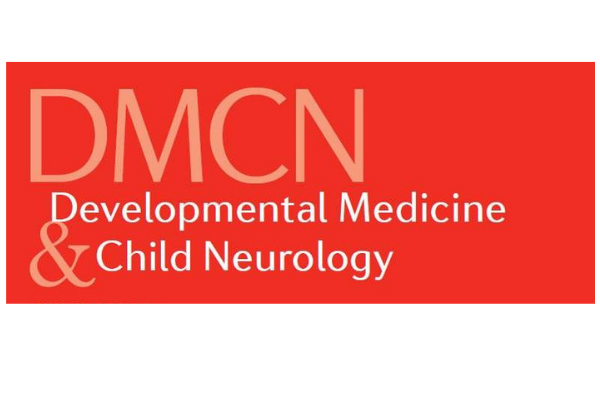NIHR Transition Research Programme
The transition of young people with long-term conditions through health services from childhood to adulthood
When young people with long-term health conditions, such as diabetes mellitus, cerebral palsy or autism spectrum disorder, move from childhood to adulthood, their health may worsen and their social participation may reduce. ‘Transition’ is the process that addresses the medical, psychosocial and educational needs of young people during this time. This research included young people, families, health-care staff, commissioners who buy health care, and managers who deliver health care. Findings were as follows:
Over 3 years, information was collected from 374 young people with diabetes mellitus, cerebral palsy or autism spectrum disorder. Three features of transitional health care linked to better health outcomes:
 Ask, Listen, Act
Ask, Listen, Act DMCN Pick of the Month
DMCN Pick of the Month